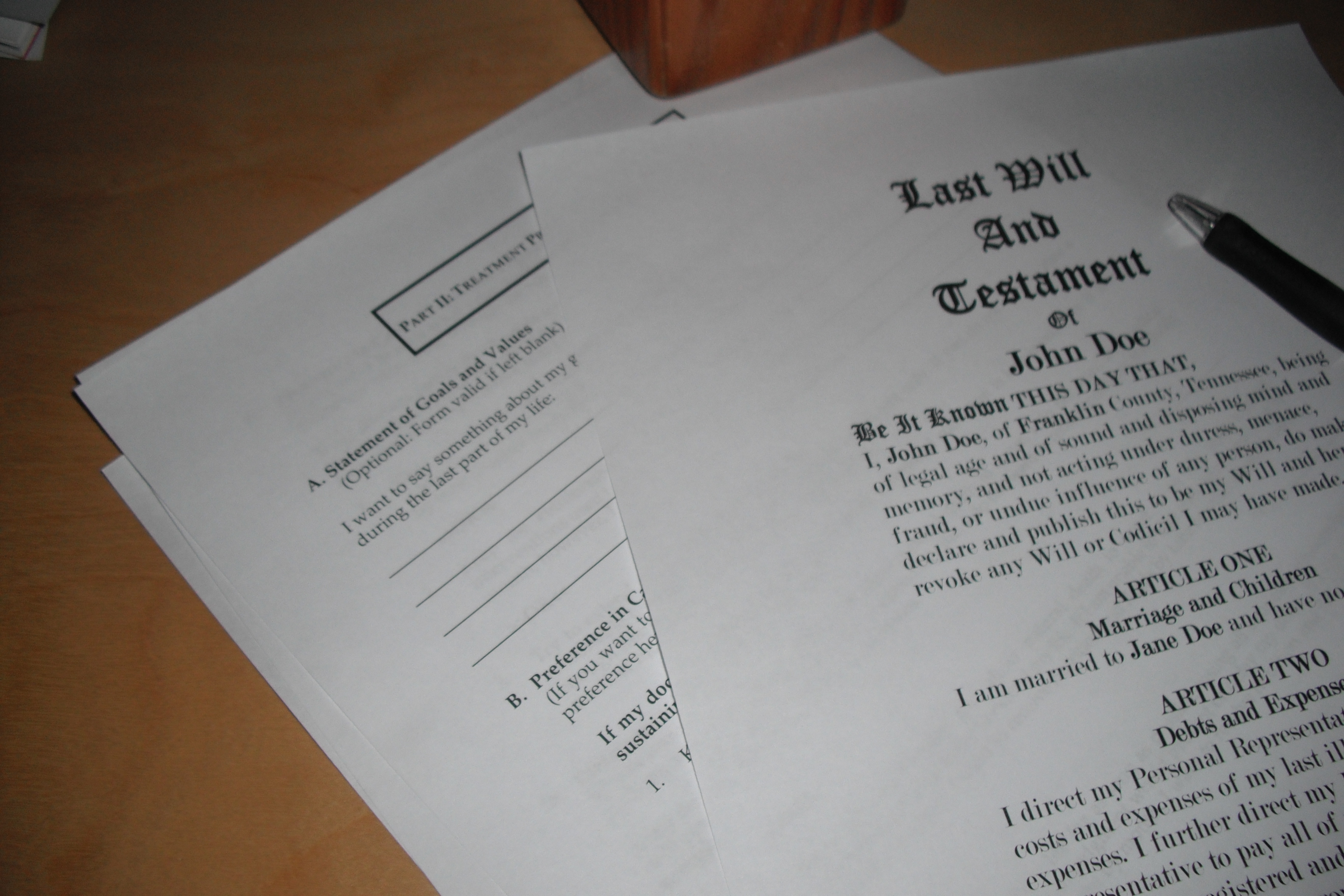
Strictly Speaking, What Needs to Change? A Review of How Statutory Changes Could Bring Strict Products Liability to Virginia
Read Full Article (PDF)
Introduction
Virginia remains one of five states that refuse to adopt strict products liability. To date, the Supreme Court of Virginia has declined to follow the path Justice Traynor set out nearly a century ago, as its recent decisions confirm its resistance to strict liability. However, given the change in control of the General Assembly following the elections of 2017 and 2019, the General Assembly is in new hands and may remain that way for some time. This new legislative majority, among its plans for new policies, may soon consider establishing strict products liability by statute. In doing so, Virginia would not be alone. State legislation is the method that four states have already used to adopt strict liability. Others have passed statutes to further limit or expand the reach of liability that their state courts established. Legislation is thus a proven method to adopt and manage strict liability should the General Assembly
take up the effort.
Part I of this Comment briefly reviews the history of Virginia products liability law, and how small changes over centuries have put the Commonwealth on a long line trending slowly towards, but keeping a healthy distance from, modern product liability norms. Part II addresses where Virginia products liability law is today, and how that practically differs from strict liability. Part III explores how Virginia could adopt strict liability without unnecessarily disrupting established precedent and provides a sample statute to accomplish that end.
* Ryan Fowle
J.D. Candidate, 2022, University of Richmond School of Law





